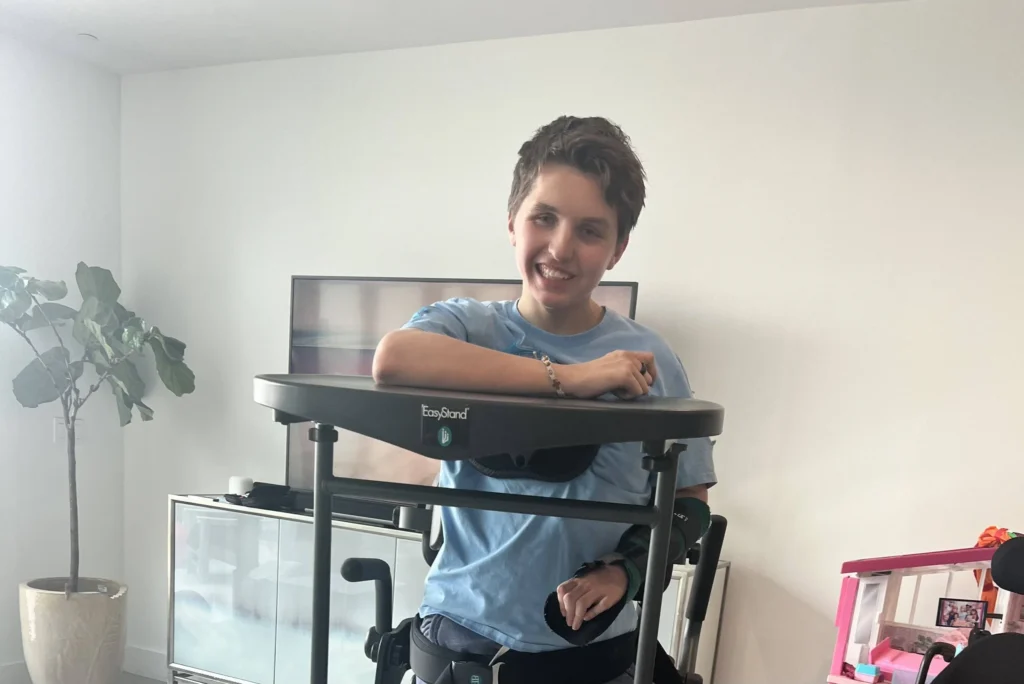Quarantine has been difficult for everyone, and being a caregiver is in and of itself a huge challenge. We have gathered 5 tips for caregivers to use while in quarantine:
Make a schedule
Staying at home seems like the day is endless, and it feels like you’re doing the same activities over and over again. Making a schedule that breaks up your day will help you and the person you’re taking care of start off the day knowing what you need to achieve. Be sure to make time for lunch, afternoon rest, dinner, shower/bath time and rehabilitation activities.
Practice mindfulness
Managing your emotions is part of the challenge of being a caregiver. Mindfulness can help you when you get overwhelmed — 5 minutes a day can go a long way. Sit or lay somewhere comfortable, close your eyes, and take deep breaths. Those few minutes can help you recharge and reset your energy so you can finish the day.
Set a goal for each week
If you’re taking care of someone that is in the process of rehabilitating a certain function it may help to set a very specific goal for them to achieve that week. For example, if you’re working on fine motor skills, a great exercise is aying out beans on the tabe and having the person grab each bean individually and putting it in a cup. Start off with 10 or 20 beans and work your way up to 50 during that week. Once the beans get easy, switch to rice grains for the next challenge.
Acknowledge things are difficult
Yes, this sucks. A lot. Our emotions are all over the place and it feels like this is never going to end. Acknowledging that you are both having difficulty managing this can help reduce tension when things get frustrating and open up a safe space to talk about when either person is feeling too stressed out.
Make time for yourself
You can’t take care of others if you don’t take care of yourself first. Do whatever you need to do to make sure you’re in a good headspace so you can start every day with positive energy.
Caregivers are heroes and heroes need their time too. Reach out to friends and family for support, and if you need medical advice be sure to contact your local physician or physical/occupational therapist.





